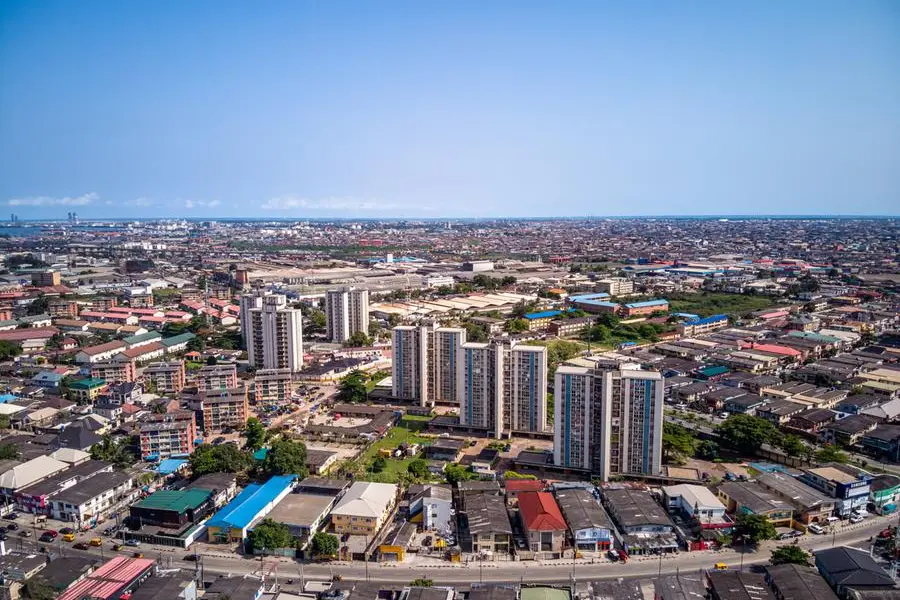PHOTO
Federal Government (FG) has identified transportation, infrastructure, and security as key priority areas in tackling energy deficit in the sector.
It said these will bring about stability, growth, and sustenance of a better energy sector.
The Minister of Petroleum Resources (Oil), Heineken Lokpobiri stated this while delivering his address at the Society of Petroleum Engineers (SPE) 2024 Annual Oloibiri Lecture Series Oil and Energy Forum (OLEF) held in Abuja on Thursday.
Related PostsPort Harcourt refinery to begin production in two weeks — KyariNNPC deactivates 6,409 illegal refineries, disconnects 4,846 illegal pipesIOC’s divestment: NNPCL vows not to hinder process
Speaking on the theme: ‘Stability in the Nigerian Energy Sector: Integrated Strategies for Infrastructure, Transportation and Security’, Lokpobiri said Nigeria has the potential to transition towards a more sustainable energy future by improving on the key areas.
His words:”….three important areas which include infrastructure, transportation, and security are fundamental to the efficient functioning of the energy sector and are interdependent in ensuring stability and sustainability.
“Nigeria has the potential to transition towards a more sustainable energy future by improving on the key areas of infrastructure, transportation and security while also embracing research and innovations towards renewable energy and fostering collaboration between various stakeholders.”
In terms of infrastructure development, he explained that the integrated strategies should take advantage of the abundant fossil fuel to save against the future, “while considering transitioning into other renewable energy sources, such as solar and wind, to diversify our energy mix.”
Among others, he stressed the importance of incorporating smart grid technologies and digitalization to enhance efficiency, reliability, and resilience in energy delivery.
He also noted the importance of transportation to the smooth flow of energy resources across the country saying; ”Nigeria’s vast territory necessitates an efficient transportation network to facilitate the movement of crude oil, natural gas, and other energy commodities.”
In view of this, he noted that the integrated strategies for transportation should focus on developing a smooth interaction between the midstream and the downstream sectors by ensuring pipelines, ports, railways, and roads connect energy production centers to end users.
He noted that this is already being done through the Build Own and Transfer (BOT) arrangement.
He added: “Particular attention should be given to improved logistics and encouraging innovations and policies that can optimize transportation routes, reduce costs, and minimize losses during transit.”
Speaking on security, Lokpobiri identified insecurity as one of the most pressing challenges to stability in the Nigerian energy sector.
“There have been cases of pipeline vandalism, oil theft, and sabotage, that have caused significant threat to the sustenance of our energy infrastructure and smooth operations,” he said.
To this end, he said the integrated strategies for security must involve proactive measures to prevent and deter illegal activities, as well as robust response mechanisms to mitigate the impact of security incidents.
“Addressing the underlying socio-economic drivers of insecurity, such as poverty and unemployment, is crucial to achieving lasting stability in the energy sector through implementation of the Host Community Trust Fund, Gas Infrastructure Fund, and other intervention mechanisms.
“Concerted efforts in addressing security threats in the sector, with the awarding of surveillance contract Tantita Security Service Nigeria Limited that has culminated in substantial increase in production,” he said.
On his part, the Group Chief Executive Officer (GCEO), Nigerian National Petroleum Company Limited (NNPCL) Mele Kyari said on the global front, the Company was working on expanding gas supply to the international market primarily through the NLNG Train 7 project.
He said efforts were also being made to kick off Train 8 as well as the various floating LNG initiatives.
He emphasised the importance of bridging the energy access gap to the country’s economic prosperity adding that the NNPCL was working on developing the right infrastructure to deliver oil and gas to drive prosperity for Nigerians.
“We are committed to developing gas infrastructure across the country,” Kyari stated, stressing that the company’s commitment was not just a statutory requirement of the Petroleum Industry Act, but a pledge to ensure energy security beyond fuel supply.
“We are dedicated to investing in critical infrastructure to enhance economic prosperity by supplying gas to the domestic market, targeting at least 8 billion cubic meters,” Kyari added.
Copyright © 2022 Nigerian Tribune Provided by SyndiGate Media Inc. (Syndigate.info).




















